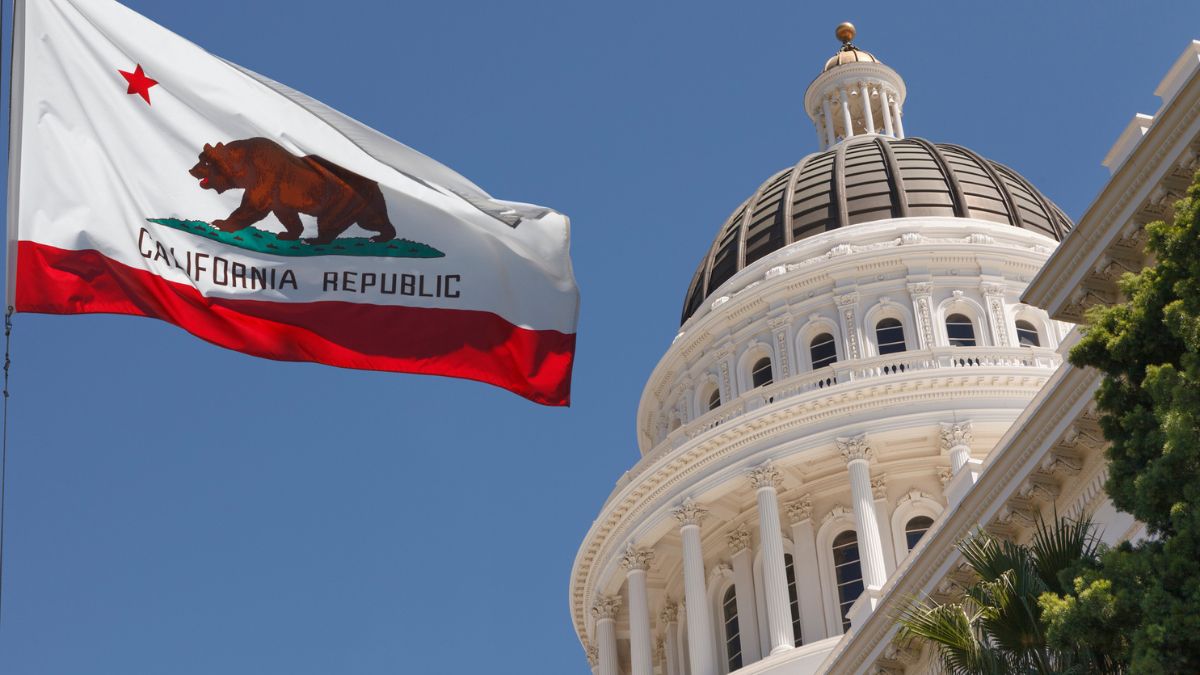
>24/7 San Diego news stream: Watch NBC 7 free wherever you are
With a new year comes new laws on the books in California. Assembly Bill 413, commonly referred to as the “daylighting” law, will change the way people park their cars. Starting Jan. 1, you will no longer be able to park within 20 feet of an unmarked or marked crosswalk. The goal is to improve visibility for pedestrians during the day, and potentially reduce the number of accidents.
“As a pedestrian I’ve definitely had some close calls with people, so I feel like it might be in the better interest of everyone,” said Bella Montgomery, who lives in North Park.
Montgomery acknowledges that parking is hard to come by in the neighborhood, both during the week and on the weekends. Under this new law, however, Montgomery believes that the pros might just outweigh the cons.
“That’ll obviously eliminate some parking, but at the same time I think a lot of people do drive somewhat recklessly here, especially in those crosswalks and whatnot,” said Montgomery.
There will be a 60-day grace period before citations are issued for breaking the new law. Starting March 1, however, drivers could face a $65 fine, on top of a $12.50 administrative fee.
Another new law in 2025 will making canceling online subscriptions easier. Assembly Bill 2863 requires companies to obtain consent before automatically renewing a subscription service after July 1, 2025. Customers will also receive a reminder regarding the subscription service, as well as given information on how to cancel it.
“I think it’s a good idea. That makes sense. If it’s easy to sign up for something, it should be easy to cancel it, too,” said Montgomery.
Up and down California’s coast, housing is one of the biggest issues facing millions of renters in California. According to February numbers from the Public Policy Institute of California, renters make up the larger share of households in California at roughly 44%, which is higher than the national average of 35%.
In 2025, tenants will have more protections come Jan. 1. Under Assembly Bill 2347, there will now be a 10-day window to respond to eviction notices. That’s double the current period of five days, not including weekends or holidays. NBC 7 spoke to Catherine Rodman, a lawyer and director of Affordable Housing Advocates, about the impact that will likely have.
“This will give all those people a fighting chance to weigh in on an eviction and let the judge consider both sides of a case rather than just the landlords. So, I think it’ll make a huge difference,” said Rodman.
In April of 2023, the San Diego City Council voted unanimously to approve an eviction registry to collect data on the number of eviction notices being filed. It’s not clear where that data is being compiled. According to investigative nonprofit inewsource, records from San Diego Superior Court show there have been roughly 750 eviction filings every month.
“Many cases go by default because tenants just can’t find help or find the resources or get to court quickly enough to submit their response before they’re defaulted,” said Rodman.
As 2024 comes to a close, Montgomery, who currently rents an apartment in North Park, hopes that this new law will give struggling families in San Diego a better chance at keeping a roof over their heads.
“Housing can be pretty last minute here, at least in my experience. I’ve always kind of found my places a week or two before, so I feel like this should give people enough time to kind of figure out their next move,” said Montgomery.
Under Senate Bill 1061, medical debt will be banned from appearing on peoples’ credit card reports. Assembly Bill 2017 will prohibit state-regulated banks from charging overdraft fees when customers go to withdraw money and do not have the sufficient funds in their account. State-regulated banks in San Diego include institutions like Community Valley Bank, Endeavor Bank, and First Foundation bank, just to name a few.
